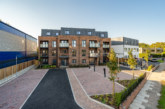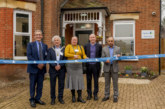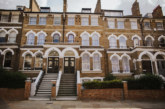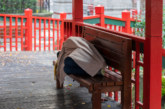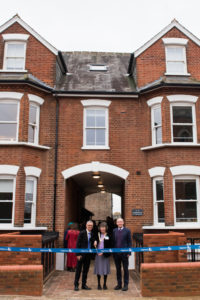
Hightown Housing Association recently opened seven newly refurbished flats for homeless people in St Albans. LABM caught up with them to find out about their range of homelessness services, new Housing First project and involvement in the Homes for Cathy group.
Tackling homelessness is at the heart of almost all Hightown’s work and the fundamental reason they were set up over 50 years ago. Most activities are preventative, by offering suitable affordable or supported housing for those in need. However, in St Albans, where house prices are high and availability is low, Hightown operates a handful of dedicated services supporting homeless people to secure accommodation and achieve their personal aspirations.
Hightown’s homeless services in St Albans offer people the chance to rebuild their lives: with access to shelter and amenities, counselling, and training. Over the years, the housing association has supported thousands into work, out of ed treatment drugs or alcohol addiction and into independent, settled accommodation.
More than a bed for the night
As well as a bed for the night, Hightown’s Open Door hostel in St Albans offers a lunchtime drop-in, laundry facilities, support with CV writing and job applications, guidance with housing enquiries, mental health counselling and access to a community nurse — all with the long-term aim of helping vulnerable people move on in their lives.
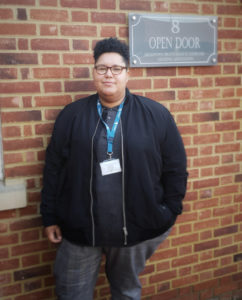
The service also has two Outreach Workers. The Safer Streets Outreach Worker engages with rough sleepers with the aim to get them into Open Door or other available accommodation where they can receive support. The Community Engagement and Recovery Worker provides a range of personalised support to people housed in short and long term accommodation, as well as rough sleepers in St Albans.
Carla Watson, Manager at Open Door, said: “The support available at Open Door not only helps homeless people with their immediate needs in terms of a bed for the night and a hot meal, but we’re also able to give assistance in many other practical ways through our team of dedicated staff and outreach workers. We’ve seen many success stories of people who, with our help, have been able to move on to a more secure future.”
Short-term supported housing
The next step for many people who have engaged with staff at Open Door or other night shelters is to move into one of Hightown’s short-term supported housing schemes in the centre of St Albans — Kent or Martin House. Most of the residents are referred through local agencies or homeless shelters.
Each resident has their own room and communal areas offer the chance for residents to chat to staff and other residents, access computers or play a game of pool. Support Workers offer tailored support around work, education, health, daily living skills, housing and much more. Rhys, a former resident at Kent House, was either sofa surfing or sleeping rough before he moved in. Staff supported him to access services, arrange driving lessons, enrol on a college course and eventually successfully apply to move on to live independently in his own flat.
Rhys says: “I’m really grateful for everything the staff at Kent House have done for me — it wouldn’t have been possible without their help. They encouraged me to enrol at college and I’ve enjoyed learning new skills. It feels fantastic to have my own flat. My life is back on track now.”

Newly refurbished flats
In December 2019, in addition to its St Claire’s temporary accommodation service, Hightown opened seven newly refurbished flats for homeless people in St Albans. The flats were formerly 10 bedsits (two self contained and eight single rooms with shared facilities) for social housing residents. The refurbished one- and two-bedroom flats all have their own living room, kitchen, bedroom(s) and bathroom. All of the residents have a Support Worker so they receive help to access health services, managing their money or looking for training and job opportunities.
Putting Housing First
A ‘Housing First’ pilot project, run with St Albans City and District Council and neighbouring Dacorum Borough Council, has recently been set up to support the area’s most vulnerable rough sleepers.
The project — based on a homelessness intervention model widely adopted in the US and across Europe — will offer a combination of permanent, affordable housing through both the councils and Hightown, together with wraparound, intensive support to help rough sleepers rebuild their lives. The underlying principle of Housing First is that people are better able to move forward with their lives if they are first housed in permanent, self-contained housing.
Housing First co-ordinators will work pro-actively with each resident to help them identify their goals, access services to improve their health and wellbeing and integrate into the local community. The support provided via the Housing First co-ordinators aims to break down barriers and trust issues that many long-term rough sleepers face, so that they can develop the skills to maintain a tenancy and make positive changes to their lives.
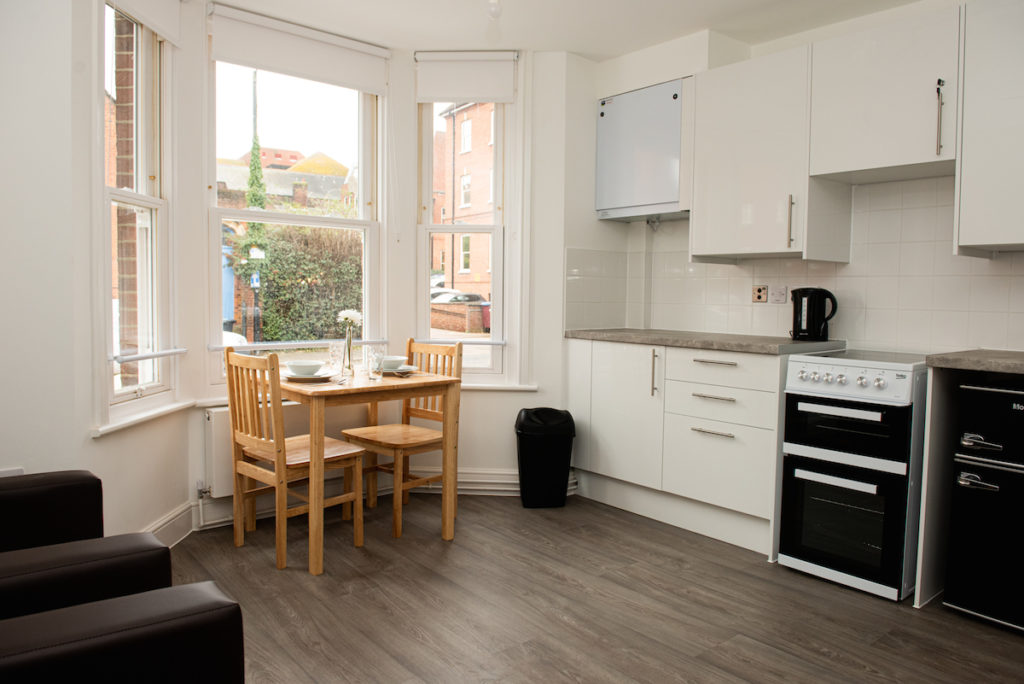
Tackling homelessness together
In 1966 the BBC aired ‘Cathy Come Home’, a groundbreaking television play by Ken Loach. Its story followed the struggles of a young family as they fall into poverty and homelessness. Amidst the public outcry that followed, a social movement grew with the aim of tackling homelessness. Many housing associations were born in this environment — and Hightown was among them. 2016 saw Hightown’s Chief Executive, David Bogle, help to form the Homes for Cathy Group: an alliance of housing associations, whose aim was to mark the 50th anniversary of the BBC drama that sparked their work and campaign to keep homelessness on the political agenda.
Since then, Homes for Cathy has grown to over 100 members, including many housing associations and housing charities across the country. The group asks members to share ideas, best practice and sign up to nine commitments aimed at reducing rough sleeping and the number of families in temporary accommodation.
The third annual Homes for Cathy conference takes place on 23rd March 2020 at the Congress Centre in London to unite leaders and practitioners from housing associations, local authorities and charities to share real examples of the work being done to end homelessness.


